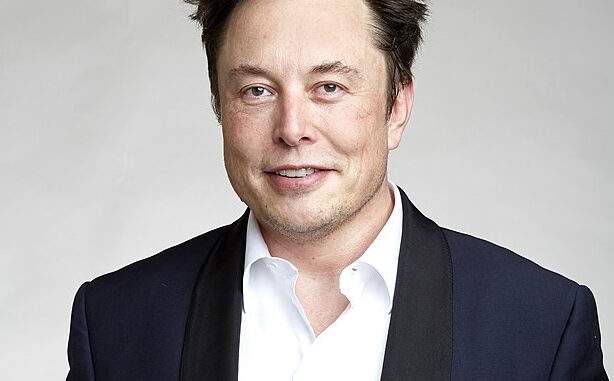
Simon Jaronski | Staff Writer
Nov. 10, 2022
Elon Musk’s recent takeover of Twitter has inspired significant backlash. Despite his claim to defend free speech, critics say Musk’s goals are far more sinister: to purge the platform of content moderation structures, thereby creating a haven for misinformation. And, of course, the most terrifying – or perhaps desperately anticipated – scenario: the return of Donald Trump from his wintery exile in the barren wastes of TruthSocial.
Last Friday’s sudden and unannounced layoffs may seem to validate these concerns.
What does Musk’s intent in acquiring Twitter signify for American society? I will argue that Musk – a member of a powerful social elite who has the ability to insert his ideas into the national consciousness – is seeking to define his role in a rapidly changing America.
America’s political culture is transforming, with once esteemed values falling into disregard by the public, notably the rule of law and constitutional patriotism.
Twitter is not just an investment for Musk, but a means to leverage his influence. The CEOs, tech futurist-billionaires and commercial innovators today are not singularly guided by the profit motive; although this is undoubtedly important, they seek influence foremost, and anticipate their as-yet uncertain roles in America’s dawning post-liberal era.
I do not seek to express partisan allegiance here, but merely to advance a hypothesis largely supported by empirical data on increasing dissatisfaction among the public: The faith in America’s democratic institutions has waned considerably, although both sides still employ the spiritual essence of America’s democratic exceptionalism to justify their respective visions.
Conservatives have been quick to embrace the potential of alliance with figures like Musk and Peter Thiel even as they decry Big Tech and ideologically motivated censorship. Thiel, a venture capitalist and prolific donor to the campaigns of J.D. Vance and Blake Masters, is himself enmeshed in the ecosystem of the New Right, a more philosophically grounded articulation of Trumpism. Clearly, these tech luminaries have benefitted from links to political developments taking place on Twitter, just as their disciples benefit from the struggle to articulate alternative political frameworks in these very media spaces.
Conversely, those on the left will find Musk’s reclamation of Twitter a boon to their own ideological engagements. I cannot help but attribute the mass appeal of this younger cohort of far-left politicians to growing political tribalism. The appeal of today’s social justice politics would lose some of its glow if robber barons like Musk – and the very platform he has now acquired – did not exist as objects of scorn on which to redirect the pathological frustrations of the Democratic Party.
Twitter was a cesspool long before Musk came along, and it will undoubtedly remain so. The truth is that we cannot step away: our impotence in the face of the collective responsibility deficit brought on by these unstable communicative networks signals a lack of trust in and patience for the demands of American democracy, which was never meant to operate in tandem with the hyperreality of digital media.
When James Madison denounced the spirit of faction in his iconic Federalist #10, he assumed that the temporal and geographical obstacles to sustained group consensus – of the destabilizing sort – would restrict all but the most valuable opinions from rising to the level of public consideration. This is certainly not the case today. The virtues necessary for the maintenance of democracy are no longer being fostered, their development having failed to keep pace with social change and ideological excess.
Our society has lost the will for patience and reticence. If many of us are no longer able to pursue a course of balanced information, how can we be expected to remain satisfied with the procedures and consensus our system of governance demands? Both those on the left and right are awaiting the arrival of the post-liberal moment, and plan to make it their own. Although 2022 and 2024 still have a lot to tell us, the warning signs are clear: Americans are slowly making their peace with the withering away of their tradition.

